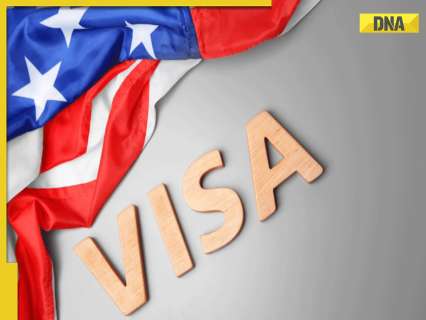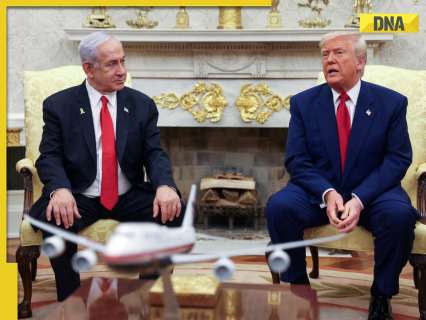Now Reading: Einstein Visa: A New Alternative for Skilled Workers Amid H-1B Challenges
-
01
Einstein Visa: A New Alternative for Skilled Workers Amid H-1B Challenges
Einstein Visa: A New Alternative for Skilled Workers Amid H-1B Challenges

Speedy Summary
- The EB-1 visa, often referred to as the “Einstein Visa,” is designed for individuals with exceptional abilities across fields like science, arts, education, business, or athletics.
- It also includes categories for outstanding professors/researchers and certain multinational managers/executives.
- Applicants under the extraordinary ability category can file independently using Form I-140; employers must file for professor/researcher and executive/manager categories while demonstrating ability to pay wages via tax returns or annual reports.
- The EB-1 visa offers a notable advantage over the H-1B visa due to its direct pathway to obtaining U.S. permanent residency (green card).
- Reports have surfaced about agents ghostwriting research papers and fabricating achievements on platforms like LinkedIn, Facebook, and Telegram in an attempt to help applicants secure EB-1 visas – practices that have raised red flags among immigration experts.
Indian Opinion Analysis
The rising interest in the EB-1 visa within skilled communities stems mainly from tightening restrictions surrounding H-1B visas under recent U.S. immigration policies.For Indian professionals who dominate global science and tech industries – many of whom traditionally relied on H‑1Bs – exploring alternative routes such as EB‑1 underscores shifting migration strategies.
However, concerns about fraudulent practices tied to visa agents underscore risks of misuse within competitive systems designed exclusively for genuine merit-based selection criteria. While this showcases innovation among applicants leveraging systemic expertise globally-India’s reputation-related implications hinges long-term orderly compliance ethics tightened governing frameworks regulate transparently critical ensuring both US mechanisms ethical governed structurally integrity























